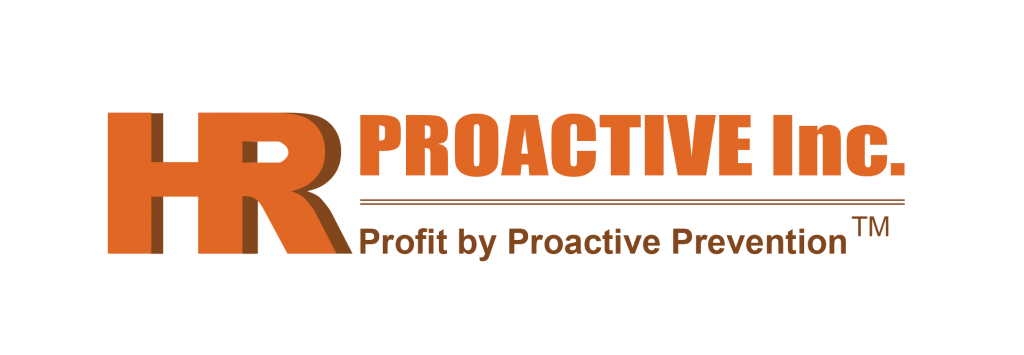Records of all interviews should be retained and maintained.
Digital audio recorders are relatively inexpensive and have the advantage of playback, track marking (noting the location of particularly relevant statements) and the creation of digital files, which can be stored electronically.
Recording statements by hand or with a laptop or computer are acceptable alternatives. Each method has advantages and disadvantages.
Handwritten or typed notes are not going to include every word. (The notes should reflect the actual words and language of the witness. Use the first person, “I heard the respondent yell…” not “the witness recalled that the respondent yelled…”)
These methods are not as complete as a digital audio recording. However, if done well they can be just as accurate, especially where the interview subject reviews the notes post-interview, corrects any inaccuracies and signs and dates the document. On the other hand, having a subject listen to an hour long digitally recorded interview to confirm its accuracy doubles the time for the entire process.
Audio recordings will include distracting and irrelevant noises, throat clearings, chair scrapings etc. Sometimes meaning is lost in audio only. A note-taker can interpret body language and sometimes more accurately capture what a subject is conveying.

